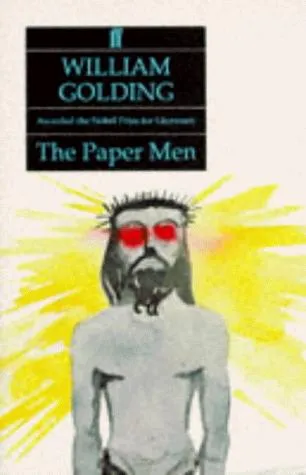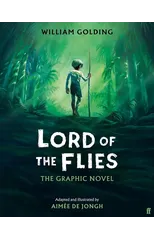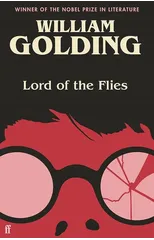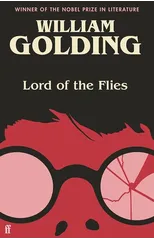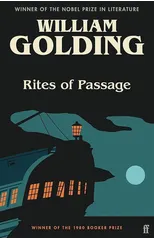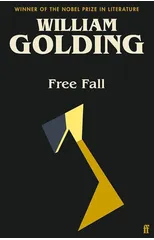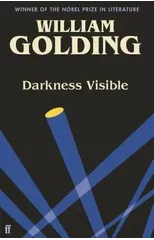This powerful, original, and, above all, unpredictable novel pits Wilfred Barclay, a famous but failing British novelist, against Rick L. Tucker, an obscure American academic whose escape from scholarly oblivion hinges on becoming the Barclay Man: biographer, editor of the posthumous papers and the recognized authority. Barclay's slide into destructive drinking, marital failure, and middle-aged lust is alternately pandered to and documented by the indefatigable Tucker. Locked in a lethal relationship of mutual dependence, the two men totter on the brink of physical, emotional, and spiritual chasms, their hatred of each other and themselves growing as they lose their wives, their self-respect, and their illusions. Golding's deceptively comic touch heightens the stunning impact of a climax that is as inevitable as it is unexpected.
William Golding
William Golding was a British novelist best known for his novel "Lord of the Flies," which explores the dark side of human nature through the story of a group of boys stranded on a deserted island. Golding's writing style is characterized by its exploration of themes such as morality, civilization, and the inherent evil in humanity. His works often feature complex characters and intricate plots that challenge readers to confront difficult truths about the human condition. Golding's contributions to literature have had a lasting impact on the literary genre of dystopian fiction, influencing writers such as George Orwell and Aldous Huxley. His works continue to be studied and celebrated for their insight into the complexities of human nature and society.
